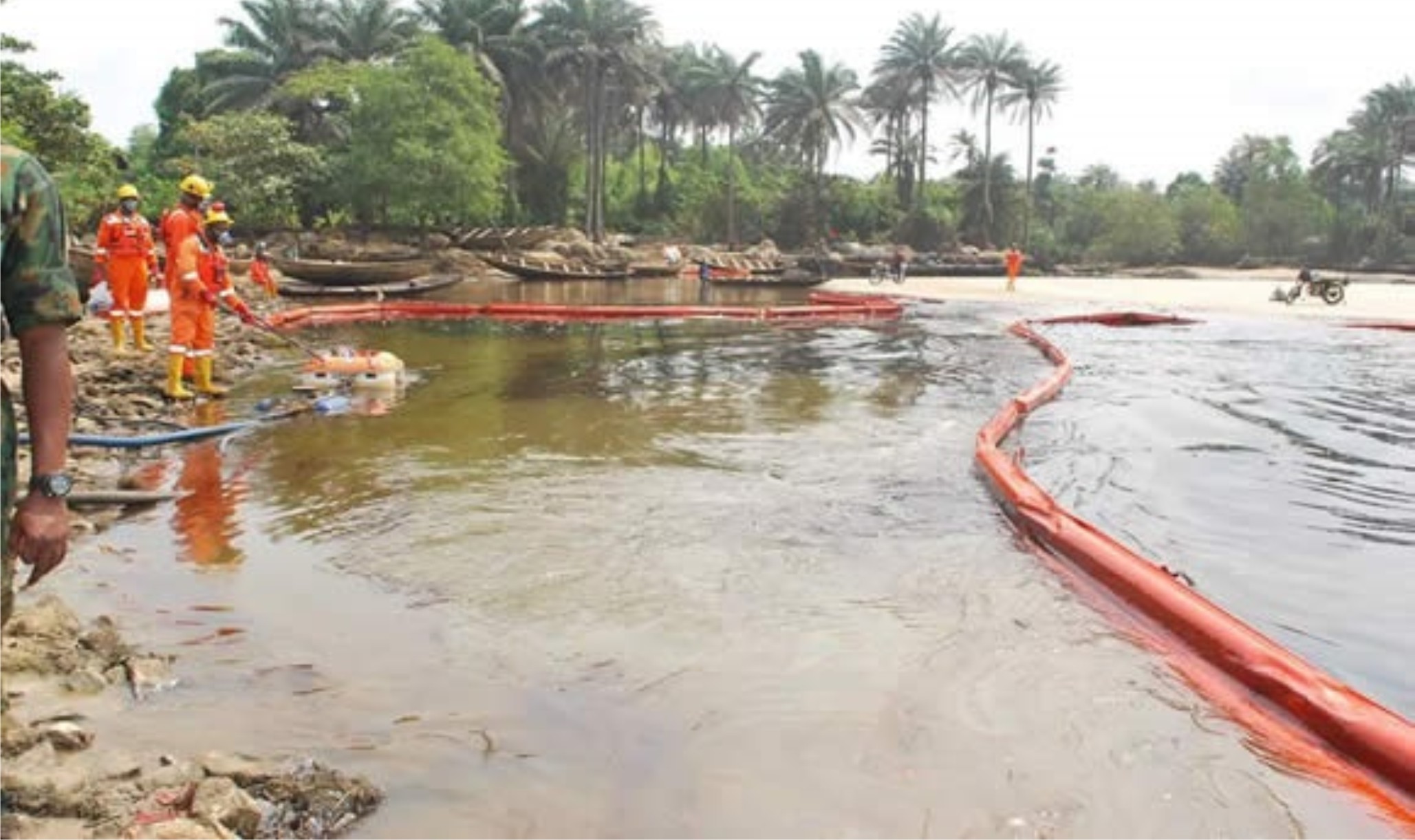Niger Delta
Suspend Ogoni Clean-Up Now, NGO Tells FG

A Non-Governmental Organization (NGO), under the auspices of Ogoni Liberation Initiative (OLI) in Lagos has called on President Muhammadu Buhari to suspend and review the Ogoni clean-up spill projects, saying the exercise has failed to yield the expected result since its commencement.
The group also appealed to the Federal Government to investigate the project which had failed to provide social amenities mostly as its affects construction of boreholes and pipe borne water in the communities.
Recall that the federal government in June commenced remediation exercise in 16 sites impacted by oil pollution, across the four local government areas in Ogoni land.
Speaking to journalists at a launch of a book titled: “The Issues of Ogoni People, the Crises and the Solution, Creating Awareness for Public Participation” in Lagos, President, Ogoni Liberation Initiative, Rev. Douglas Fabeke, lamented that the Clean-up project of the communities has no human face as the contractors had failed to provide adequate water supply for the people.
Fabeke stressed the need for the Buhari- led government to withdraw, suspend and evaluate the project describing it as mere jamboree.
He also described late President Musa Yar’Adua’s initiative as the best approach to the people of the kingdom but lamented that “nothing is going on at the moment”.
“The suspension will be a good one for the communities because nothing is going on. There was suppose to be a central office for the Ogoni land to engage the contractors, but we do not know the contractors and I don’t know if they are professional experts, the kind of equipment they use and that is why we want President Buhari to suspend this exercise and assess what is going on.
“Before this clean-up there is suppose to be a water project but as we speak there is no drinking water anywhere in our community”, he said.
programmes leading to sustainable community transformation through collaboration and partnership in the following supper structure areas, which includes, building of power generation plants in all the six kingdoms in Ogoni”.
By: Nkpemenyie Mcdominic, Lagos
Niger Delta
Stakeholders In Delta Seek Stronger GBV Action, Women’s Leadership

Niger Delta
C’River Suspends Taskforce Activities Over Drivers’ Protest

Niger Delta
A’Ibom Assembly Urges More Private Investments In Agriculture

-

 News4 days ago
News4 days agoAmend Constitution To Accommodate State Police, Tinubu Tells Senators
-

 Politics4 days ago
Politics4 days agoSenate Urges Tinubu To Sack CAC Boss
-
Business4 days ago
Crisis Response: EU-project Delivers New Vet. Clinic To Katsina Govt.
-
Business4 days ago
President Tinubu Approves Extension Ban On Raw Shea Nut Export
-

 News4 days ago
News4 days agoDisu Takes Over As New IGP …Declares Total War On Corruption, Impunity
-
Business4 days ago
Fidelity Bank To Empower Women With Sustainable Entrepreneurship Skills, HAP2.0
-
Business4 days ago
President Tinubu Extends Raw Shea Nuts Export Ban To 2027
-
Sports4 days ago
NDG: Rivers Coach Appeal To NDDC In Talent Discovery

